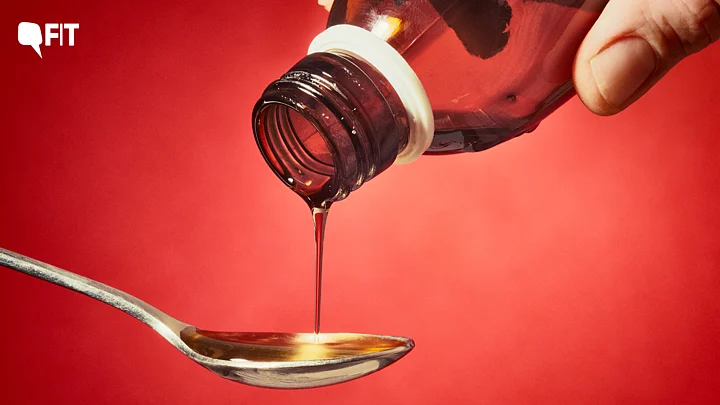Toxic cough syrups pose an ongoing global health threat, the World Health Organization (WHO) has reported.
WHO has now added six more countries to its list which tracks potentially deadly children’s medicines.
After deaths of 300 infants across three continents in 2022 were linked to substandard medicines, the WHO had named nine countries where tainted syrups were potentially on sale.
While WHO's Rutendo Kawana did not reveal the names of the six countries, he said that investigations are ongoing.
Why Substandard Medicines Are Being Sold
Propylene glycol, an essential component, is often substituted with toxic alternatives such as ethylene glycol ad diethylene glycol since the latter options are cheaper, some pharmaceutical manufacturing experts told Reuters.
These alternatives, commonly used in brake fluid, are unfit for human consumption.
WHO suggested that in 2021 when the prices of propylene glycol spiked, cheaper toxic liquids were mixed with the legitimate chemical by some suppliers.
However, the problem is also that since adulterated barrels of propylene glycol may still remain in warehouses, the contaminated medicines stand to be a risk for several years.
Which Countries Have Been Affected?
Liberia and Cameroon: Nigeria’s regulator recently issued a warning regarding contaminated paracetamol syrups in Liberia. However, no deaths have been reported there.
The contaminated syrups in Liberia were produced by Mumbai-based Synercare. The Liberian health regulator stated that it plans to incinerate the current stock as well as recall other products associated with Synercare as a precaution.
Cameroon’s health regulator too had spoken up in April about the death of six children linking it with China's Franken Group-manufactured Naturcold cough syrup.
Gambia and Uzbekistan: India-based manufacturers Maiden Pharmaceuticals and Marion Biotech's drugs too have been linked to deaths in Gambia and Uzbekistan.
Indonesia: Last year, Indonesian authorities had also linked the deaths of 200 children with syrups that were sold only domestically, and issued an alert against the product.
Indonesian authorities ended up revoking the licenses of PT Yarindo Farmatama, PT Universal Pharmaceutical Industries, and PT AFI Farma.
However, these cases are not in isolation. The WHO has been warning against giving cough syrups to children below the age of five for over two decades now since there is limited evidence of how effective they are.

